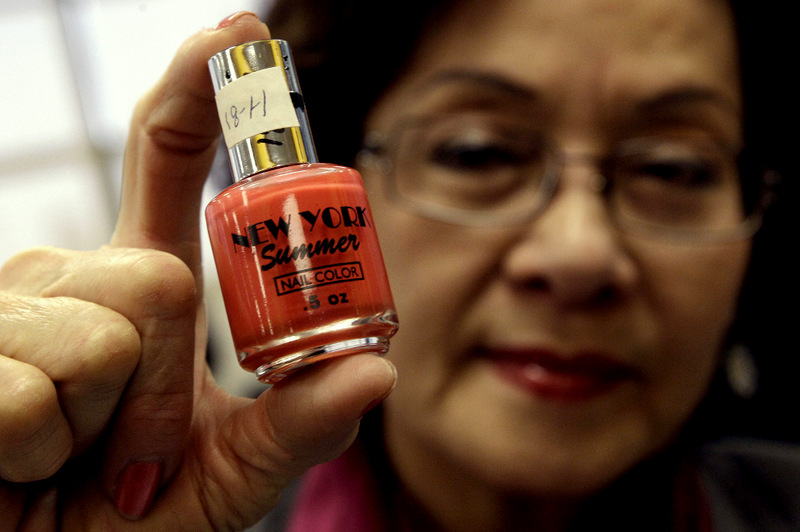
Imagine a chemical that every public health organization in the United States and around the world knows to cause cancer and a host of other illnesses. You might think that such a chemical would probably be banned from commercial use in the United States, or at least not allowed to be used in a host of commercial products that people use every day. But think again.
According to the U.S. surgeon general, the World Health Organization and the U.S. Environmental Protection Agency, exposure to asbestos is unsafe at any level, but the substance still used in the U.S. in automobile brake pads, vinyl floor tiles and many other commercial goods. Despite its dangers, the EPA is powerless in regulating it, and 30 people across the country die needlessly from asbestos-related diseases every single day.
Because the federal law governing toxic chemicals, the Toxic Substances Control Act of 1976, is woefully inadequate, the EPA’s attempt to ban asbestos was overturned in court. In fact, of the 80,000 chemicals in commercial use, only five have been banned, even though many — like asbestos — can be very dangerous. The problem is that the Toxic Substances Control Act requires the EPA to prove that a chemical is dangerous before regulating it, rather than requiring manufacturers to establish the safety of potentially lethal products before they are marketed. Since the EPA is usually forced to rely on manufacturers for safety data about chemicals, if the manufacturer doesn’t produce data demonstrating a chemical’s danger, the EPA has no information upon which to act.
Our friends in West Virginia can testify to the potential devastation of chemical regulatory collapse. An under-researched chemical contaminated their water in January, leaving residents of the state’s capital city of Charleston unable to drink, bathe or use their water for several weeks. Even now, they cannot be assured that there will be no long-term effects on their health.
Such disasters can happen anywhere, anytime. But the West Virginia calamity has rightly focused attention in Congress on the need to reform the Toxic Substances Control Act. The chemical industry, however, is seeking to highjack this effort, and if it is successful, today’s bad situation will be made worse.
An industry-backed bill, the Chemical Safety Improvement Act, purports to update the Toxic Substances Control Act. In reality, though, it’s a giveaway to chemical manufacturers. The same industry trade group that has lobbied long and hard against state efforts to craft laws more stringent than the weak federal standards for toxic chemicals has endorsed the Chemical Safety Improvement Act wholeheartedly.
The new bill would not only construct new barriers to the EPA’s efforts to make sure chemicals in commerce are safe, it would also ban state laws that are stronger than safety standards adopted at the federal level. As a result, California’s landmark Proposition 65 — which requires the disclosure of information about chemicals known to cause cancer — could be decimated if the Chemical Safety Improvement Act becomes law. As written, the bill would even allow asbestos imports to continue.
Adding insult to injury, the proposed bill would also negatively impact those who are exposed to toxic chemicals and go to court to seek justice for the harms that they have suffered. In this way, the civil justice system serves as a crucial backup to regulatory efforts. Under the proposed law, if the EPA categorized a particular chemical as safe, that determination would bar evidence to the contrary from being introduced in state courts. For example, if a product is in compliance with federal regulations, but its manufacturer knows it to be unsafe, someone harmed by the product would be unable to find that out and get the evidence introduced in court.
The proposed legislation also cuts off a vital avenue of information about chemical toxicity. It’s through just such litigation that we learned about the real hazards of asbestos, for example — because manufacturers were forced to disclose what they learned during the discovery phase of trials.
Events like the West Virginia chemical spill remind us that the current Toxic Substances Control Act does far too little to protect Americans from the effects of dangerous chemicals. Real protection will require making it easier for the EPA to regulate dangerous chemicals. Instead, the Chemical Safety Improvement Act is a giveaway to industry because it makes it more difficult for the EPA, states and the courts to protect the public from dangerous chemicals.

